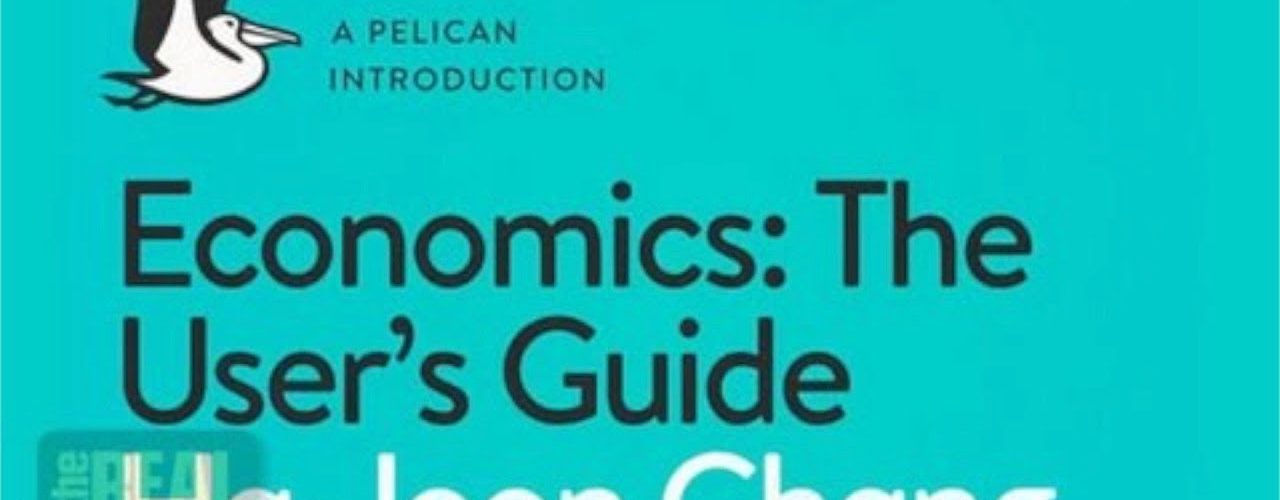
Our current landscape has been created by the acceptance of a few core principles – the individual as perfectly selfish, perfectly rational, able to create perfect markets by acting in her own interests we have ignored plausible competing theories and have suffered for it.īut first, go back to Adam Smith's pin, the implement from which he derived his theories of productivity, division of labour, transition costs (money wasted by workers moving from one place to another) – the fundamentals he explored in order to write An Inquiry into the Nature and Causes of the Wealth of Nations, published in 1776. Rather, we are witnessing a failure of plurality. 9 in the Prospect magazine’s World Thinkers 2014 poll.If there is a sense in which economics has "failed", Chang argues, it is not because it should have "predicted" the crash and the disasters of the last seven years, nor for those Krugmanian reasons that range the state against the market, regulation against self-interest, cooperation against moral hazard. He is the winner of the 2003 Gunnar Myrdal Prize and the 2005 Wassily Leontief Prize. Worldwide, his books have sold around 1.5 million copies. By the end of 2014, his writings will have been translated and published in 36 languages and 39 countries. His main books include The Political Economy of Industrial Policy, Kicking Away the Ladder, Bad Samaritans, 23 Things They Don’t Tell You About Capitalism, and Economics: The User’s Guide.

In addition to numerous journal articles and book chapters, he has published 15 authored books (four co-authored) and 10 edited books. Ha-Joon Chang teaches economics at the University of Cambridge.


This implies, he argues, that there is a need - or even a duty - on the part of any responsible citizen to learn some economics and engage with debates on economic issues. He will emphasise how economics is an inherently political subject, as its early name, political economy, suggest.

In this lecture, drawing on his latest best-selling book, Economics: The User's Guide, Chang argues how economics is not a science, as many economists claim it to be.


 0 kommentar(er)
0 kommentar(er)
